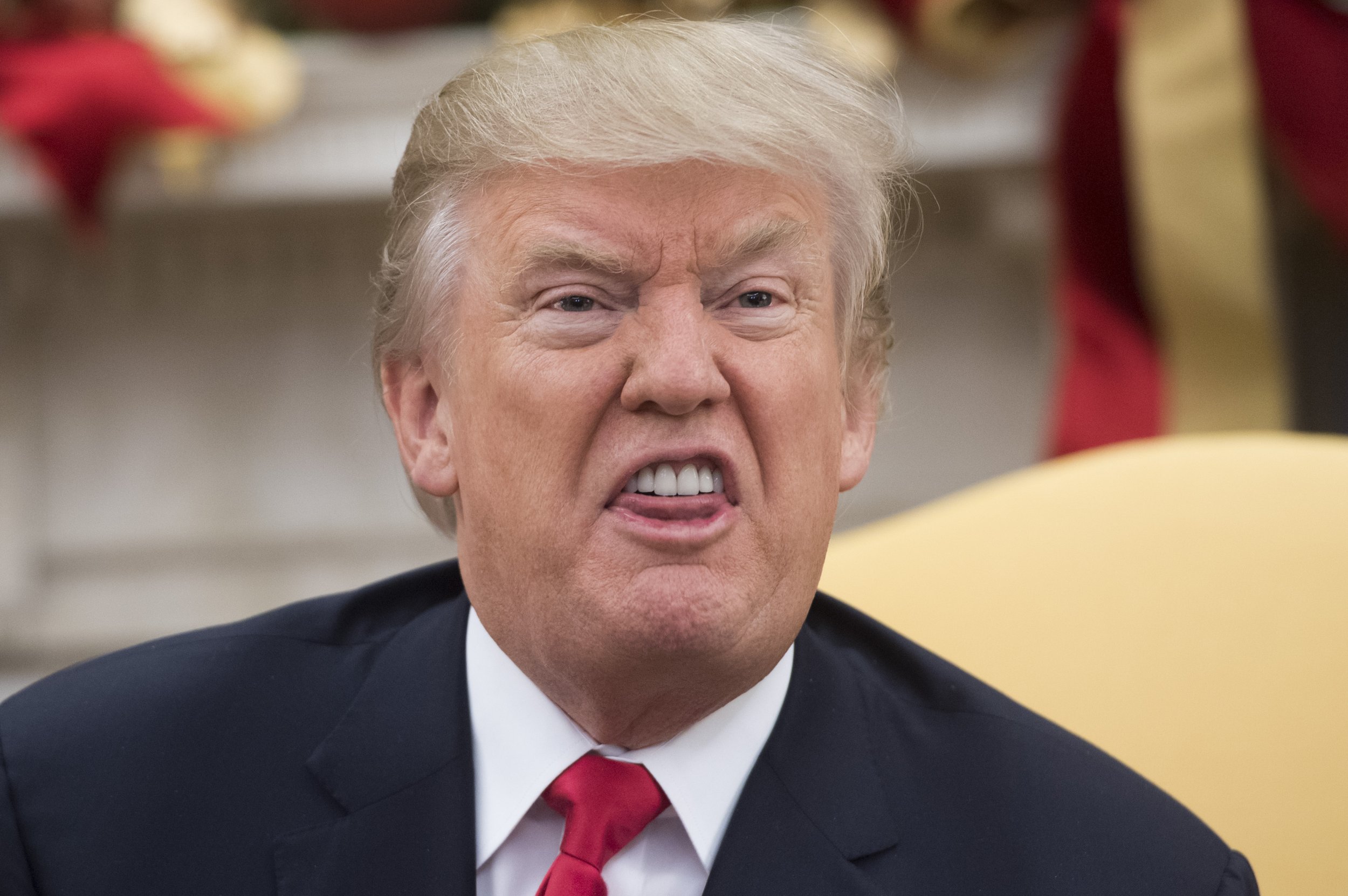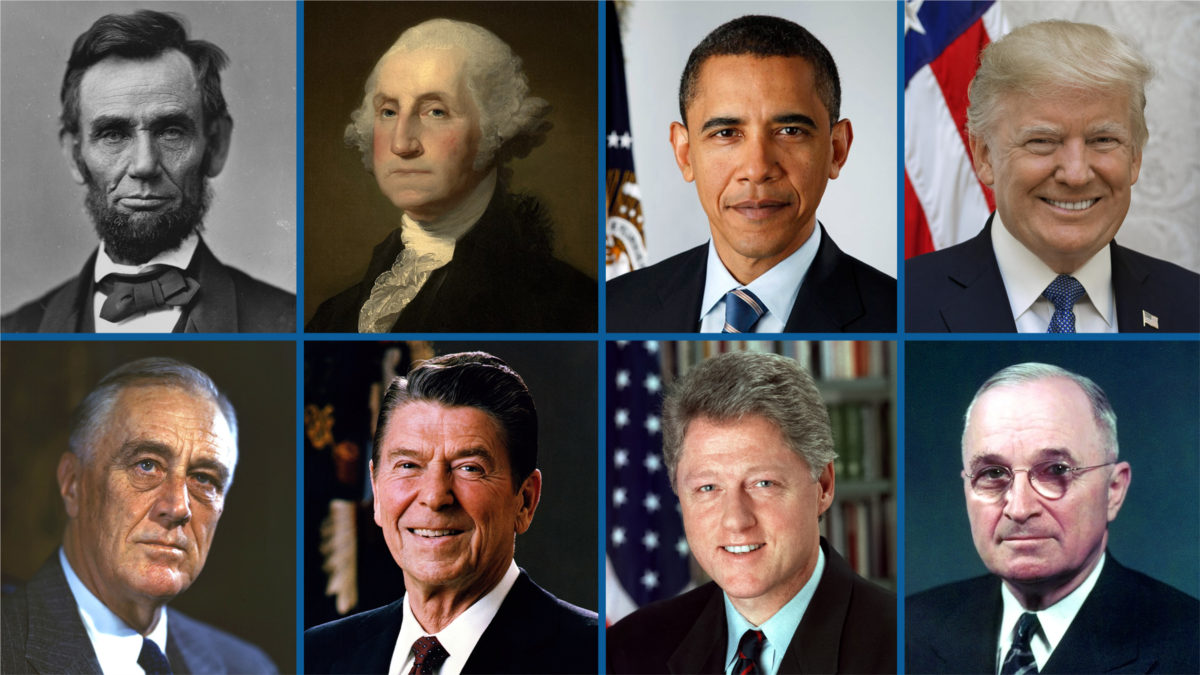Determining The Worst President In US History: A Detailed Analysis
Presidential history in the United States is a tapestry woven with triumphs and tribulations, where each leader has left an indelible mark on the nation's fabric. However, not all presidencies are remembered fondly. While some presidents are celebrated for their successes and leadership skills, others are often scrutinized for their failures and misjudgments. Determining the worst president in US history is a complex and subjective endeavor that requires a comprehensive analysis of various factors, including economic policies, foreign relations, civil rights, and more.
The question of who ranks as the worst president in US history has sparked debates among historians, political analysts, and the general public for decades. While some may argue based on personal biases or political affiliations, a more objective approach involves examining the long-term impacts of a president's policies and decisions on the country. In this article, we will delve deep into the criteria and historical context necessary to assess and determine the worst US president.
This comprehensive analysis aims to provide a balanced perspective by considering not only the immediate effects of a president's tenure but also the legacy they leave behind. The evaluation will include insights from first-hand knowledge and credible sources to ensure the depth and accuracy of the content. By the end of this article, readers will have a clearer understanding of the complexities involved in determining the worst president in US history, and the factors that contribute to such a significant judgment.
Read also:Comprehensive Guide To Ind Pron And Its Significance
| Aspect | Details |
|---|---|
| Name | Various Presidents |
| Term(s) in Office | Varies (1789-present) |
| Key Policies | Varies |
| Major Events | Varies |
Table of Contents
- Presidential Biography Overview
- What Criteria Determine a "Worst" President?
- Economic Policies: Success or Failure?
- Foreign Relations: Diplomatic Successes and Blunders
- Civil Rights and Social Justice Initiatives
- How Do Scandals Affect Presidential Legacy?
- War and Military Decisions: Boons or Blights?
- Public Opinion and Approval Ratings
- Historical Perspective: Time's Effect on Judgment
- Notable Contenders for the Title
- Comparing Presidents: A Side-by-Side Analysis
- What Do Historians Say?
- Modern Presidencies: Are Recent Leaders Worse?
- Conclusion: An Informed Judgment
- FAQs
Presidential Biography Overview
Understanding the personal and professional backgrounds of US presidents provides insight into their leadership styles and decision-making processes. While each president's biography is unique, common elements such as their education, prior political experience, and personal beliefs play a crucial role in shaping their presidencies.
Presidents have come from various walks of life, with some having military backgrounds, others being career politicians, and a few emerging from the private sector. These diverse backgrounds contribute to the complexity of determining the worst president, as their effectiveness can be influenced by their life experiences.
What Criteria Determine a "Worst" President?
The criteria for determining the worst president in US history are multifaceted and require a nuanced approach. Key factors include:
- Effectiveness in policy implementation
- Impact on the nation's economy
- Conduct in foreign affairs
- Leadership during crises
- Advancements or setbacks in civil rights
- Ethical conduct and absence of scandals
- Legacy and long-term impact
Each of these criteria carries different weights depending on the historical context and societal values at the time of each presidency. For instance, a president who served during wartime might be judged more on their military decisions, while one who governed during a period of economic turmoil might be evaluated based on economic policies.
Economic Policies: Success or Failure?
Economic policies are often a major determinant in evaluating a president's success or failure. A president's ability to foster economic growth, reduce unemployment, and manage inflation are critical components of their legacy. Conversely, policies that lead to economic downturns or increased national debt can tarnish a president's reputation.
Historically, presidents like Herbert Hoover, who presided over the onset of the Great Depression, are often criticized for their economic policies. In contrast, others, like Franklin D. Roosevelt, are lauded for their efforts to revive the economy during challenging times.
Read also:Pioneering Punjabi Mms Digital Tapestry Of Culture And Communication
Foreign Relations: Diplomatic Successes and Blunders
Foreign relations are another crucial aspect of a president's tenure. A president's ability to maintain peaceful international relations, form strategic alliances, and avoid unnecessary conflicts is vital for national security and global standing.
Presidents who have successfully navigated international diplomacy are often remembered positively. However, those who have led the country into ill-advised wars or failed to manage critical diplomatic situations may be viewed unfavorably.
Civil Rights and Social Justice Initiatives
Advancements in civil rights and social justice are significant markers of a president's legacy. Presidents who have championed equality and worked to dismantle systemic discrimination are typically celebrated, while those who have ignored or exacerbated social injustices are often criticized.
For example, presidents like Abraham Lincoln, who played a pivotal role in ending slavery, are revered for their contributions to civil rights. In contrast, others who have failed to address or actively opposed social progress may be considered among the worst presidents.
How Do Scandals Affect Presidential Legacy?
Scandals can severely damage a president's reputation and legacy. Ethical misconduct, corruption, or abuse of power can overshadow an administration's achievements and lead to a negative historical assessment.
Events such as the Watergate scandal during Richard Nixon's presidency demonstrate how scandals can lead to a loss of public trust and ultimately result in a president's downfall. These incidents serve as cautionary tales for future leaders and play a significant role in determining the worst president.
War and Military Decisions: Boons or Blights?
Presidents are often judged by their military decisions and handling of wartime situations. Success in military engagements can enhance a president's legacy, while failures or unnecessary conflicts can lead to harsh criticism.
Presidents who have led the country through successful military endeavors, such as George Washington during the Revolutionary War, are often celebrated. Conversely, those associated with controversial or failed military actions may be considered among the worst presidents.
Public Opinion and Approval Ratings
Public opinion and approval ratings provide insight into a president's popularity and effectiveness during their time in office. High approval ratings often indicate a successful presidency, while low ratings can signal public dissatisfaction.
Presidents like Ronald Reagan, who maintained high approval ratings throughout much of their terms, are often remembered favorably. In contrast, presidents with consistently low approval ratings may be viewed as ineffective leaders.
Historical Perspective: Time's Effect on Judgment
The passage of time can significantly alter the perception of a president's tenure. Decisions that were unpopular or controversial at the time may be re-evaluated in light of their long-term impact and historical context.
For instance, presidents like Harry Truman, who faced criticism during their time in office, are often reassessed more favorably by historians due to their enduring contributions to the nation's progress.
Notable Contenders for the Title
Several presidents are often mentioned in discussions about the worst in US history. These include James Buchanan, whose inaction is believed to have contributed to the onset of the Civil War, and Andrew Johnson, who faced impeachment due to his opposition to Reconstruction policies.
Each of these presidents faced unique challenges and made decisions that have been heavily scrutinized by historians and the public alike.
Comparing Presidents: A Side-by-Side Analysis
A side-by-side comparison of presidents can highlight the strengths and weaknesses of each administration. By examining key metrics such as economic performance, foreign policy successes, and civil rights advancements, we can better understand the factors that contribute to a president's legacy.
Using objective data and historical records, this analysis aims to provide a clearer picture of each president's impact on the nation.
What Do Historians Say?
Historians play a crucial role in shaping the narrative of a president's legacy. Their in-depth research and analysis provide valuable insights into the successes and failures of each administration.
By examining various scholarly perspectives, we can gain a more comprehensive understanding of the factors that contribute to the designation of the worst president in US history.
Modern Presidencies: Are Recent Leaders Worse?
The evaluation of recent presidents is often influenced by contemporary political dynamics and media coverage. However, it is essential to consider the long-term impact of their policies and decisions before making definitive judgments.
As time passes, historical analysis may provide a more balanced perspective on the successes and failures of modern presidencies.
Conclusion: An Informed Judgment
Determining the worst president in US history is a complex task that requires a thorough examination of various factors. By considering economic policies, foreign relations, civil rights advancements, and more, we can form an informed judgment about each president's legacy.
While opinions may vary, this comprehensive analysis aims to provide a balanced perspective that acknowledges the multifaceted nature of presidential leadership.
FAQs
What factors contribute to determining the worst president in US history?
Factors include economic performance, foreign relations, civil rights advancements, scandals, military decisions, public opinion, and historical perspective.
Which president is often considered the worst in US history?
James Buchanan is frequently cited due to his inaction leading up to the Civil War, along with Andrew Johnson for his opposition to Reconstruction.
How do scandals impact a president's legacy?
Scandals can overshadow a president's achievements and lead to a loss of public trust, significantly affecting their historical assessment.
Can public opinion change over time?
Yes, historical context and long-term impacts can alter public perception, leading to re-evaluation of a president's legacy.
How important is historical perspective in judging a presidency?
Historical perspective is crucial as it allows for a more objective evaluation of a president's decisions and their long-term effects.
Are recent presidents judged more harshly?
Recent presidents may face harsher scrutiny due to contemporary media coverage, but historical analysis over time can provide a more balanced view.
For further reading on presidential history and assessments, you may find valuable insights from History.com.
Article Recommendations

